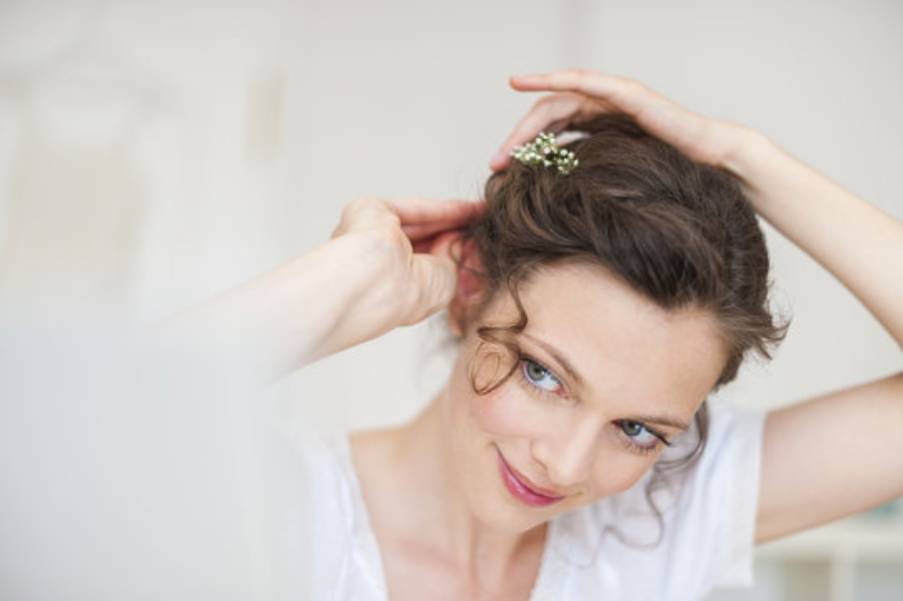Last Updated on 11 months ago by Nicky Johnson
It’s believed that the average internet user spends almost two and a half hours per day on social media. Its advent has had a transformative effect on society as we know it and there’s no doubt that these platforms offer plenty of plus points.
They provide a chance to keep in touch with our loved ones, connect with celebrities, share updates and even interact with strangers.

But there are plenty of drawbacks too. Recent years have seen a rise in online abuse as the culprits hide behind the relative anonymity of a profile, confident in their assertions that their actions will not result in any repercussions.
Another downside is that it’s a world that can paint a picture of a false reality. Many users curate their feeds so that only the best bits of their lives are shared, creating the illusion of an idyllic existence.
Part of that revolves around our physical appearance – a recent study found that 90% of young women said they used filters or digitally altered their photographs in some way.
So, why do people use these filters and what impact can these trends have – especially on the younger generation? Read on to find out more.
What do People Use Filters For?
Research carried out by Transform Hospital Group looked at some of the most popular beauty filters on Instagram. They include those that give the user plumper lips, longer eyelashes, defined cheekbones, a smaller nose, freckles, and glowing skin.
The theory is that these filters make the user more attractive within the parameters of society’s conventional beauty standards.
Some of the filters make it obvious that the original photo has been altered, but others are more subtle and could be mistaken for reality – especially by someone who is less familiar with the subject of the post.
What are the potential consequences?
We shouldn’t believe everything we see and read online. Appearances can be deceptive – particularly on social media – and this illusion of the perfect life can create dangerous standards that are impossible to live up to.
The self-esteem of impressionable users may suffer if they begin to feel inferior to others on these platforms.
One consequence is that it can lead to eating disorders, mental health problems, and in extreme cases self-harm and suicides.
We are seeing rising numbers of reports of these kinds of issues, and there’s no doubt that filters have played a part in changing the way we see ourselves.







